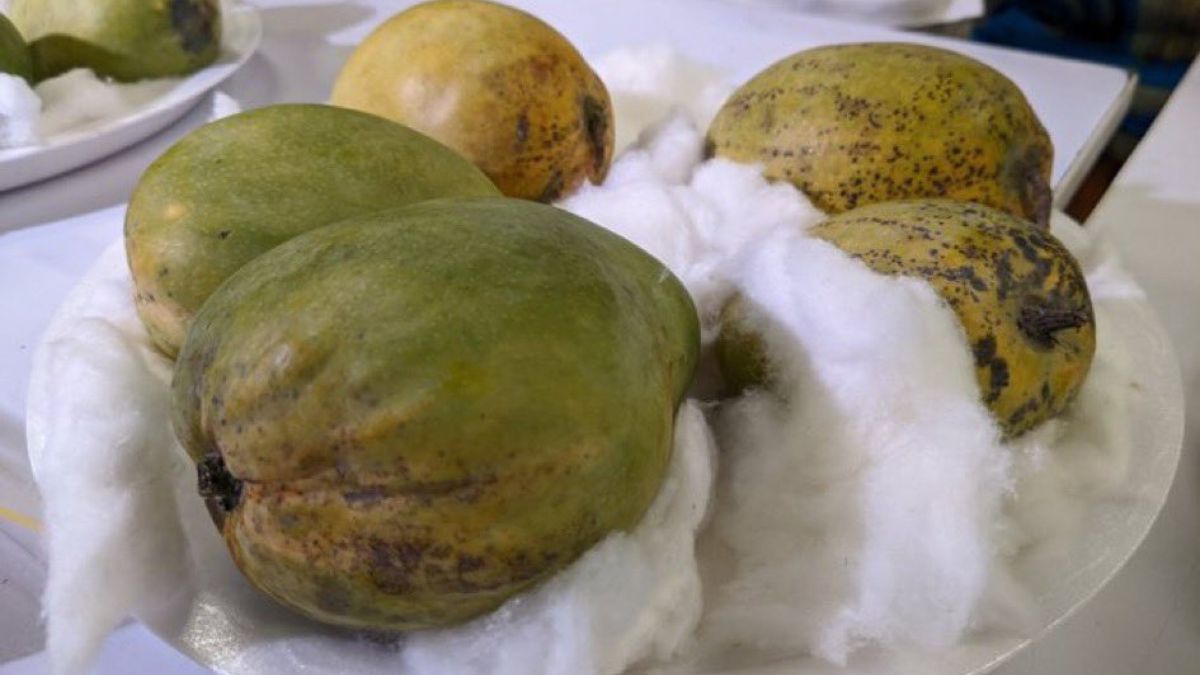Cow milk has always been touted to be one of the most nutritious foods around the world, but the raw or unpasteurised form of milk may not be as beneficial as it seems. A recent study by the researchers at University of California, Davis, found that consumption of raw milk, which is left at a room temperature, may lead to foodborne illness. It may also be a source of bacteria containing transferrable antimicrobial resistance genes. For the unversed, antimicrobial resistance is defined as the ability of a microbe to resist the effects of anti-biotic medication. And as per the Centers for Disease Control, each year, almost 3 million people in the United States get affected by antibiotic-resistant infection. The findings were published in the journal Microbiome.
The researchers examined more than 2000 milk samples from different parts of the United States, including raw milk and milk pasteurised in various ways. It was found that raw milk had the highest prevalence of antibiotic-resistant microbes when left at room temperature.
"Our study shows that with any temperature abuse in raw milk, whether intentional or not, it can grow these bacteria with antimicrobial resistance genes," said co-author Michele Jay-Russell, research microbiologist and manager with the UC Davis Western Center for Food Safety. "It's not just going to spoil. It's really high risk if not handled correctly," Jay-Russel added.
The researchers, however, stated that this study had no intention to scare people; rather it was to educate them. "If you want to keep drinking raw milk, keep it in your refrigerator to minimise the risk of it developing bacteria with antibiotic-resistant genes," said lead author Jinxin Liu, a postdoctoral researcher in the Department of Food Science and Technology at UC Davis.
However, further studies are needed to understand the effects of antibiotic-resistant genes in raw milk on human health.











